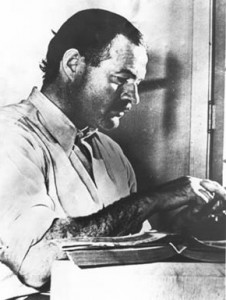Last week I changed my Twitter username from @torridence to @RogerRenteria. I made the change as a result of the number of technical communication followers I have so far. I needed a username that reflects my professional use of Twitter. In this post, I wish to share my thoughts on usernames and why professionals should choose usernames wisely.
Usernames
We all know how “[email protected]” made a certain person the most awesome kid down the block. We all know how old someone was by having the birth year appended to a username, such as “[email protected].” Lastly, we figured out that Stephanie was a legitimate person with a username that had no relation to her, such as “[email protected].”
Rant Free – the way it should be.
While keeping this post free of rants, I want to emphasize the necessity to select a clean professional-looking username if you plan to market yourself on social networking sites and correspond with potential employers or business partners. Keep in mind, I remember when the internet first became popular, it was important to obscure your identity from predators. While the internet is becoming more social and a place to find employment opportunities, having a clean username demonstrates how you want to project your professional image to the corporate world.
Clean Up Usernames
I have observed extremely nice usernames floating on the internet, such as utilizing all initials, first initial and last name, first name and last initial, or full first and last name. What I see are some great usernames in use, which inspired me to change my own Twitter username to something professional.
If Hemingway Had Twitter…
If Ernest Hemingway had access to the internet, he would have the opportunity to choose usernames that were clean. This influential author also had a middle name–Miller. From Ernest Miller Hemingway, I can suggest some usernames he could use for email and Twitter.
- [email protected]
- [email protected]
- [email protected]
- @Hemingway
- @ErnestH
- @EMHemingway
These are only a few of the examples that Hemingway could use.
If some usernames are taken, try to add a period to it. I also understand that there are people who have usernames that have been in use for years–if not decades–and it may be difficult to change it because of how long they are associated with “[email protected].” It may be time to forward your email to a clean email address and gently notify people of the change. It may be very hard, but in the long-term it is not too late to start.
Find My Professional Usernames Online
You can add, follow, or view my profiles on these social networking sites.


